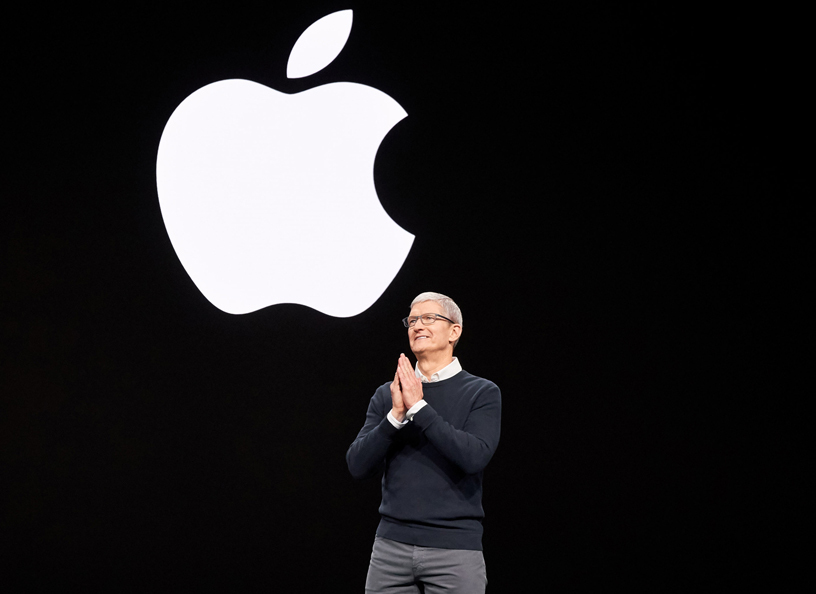Samsung
Apple, Amazon, Google concerned over impact of S. Korea-Japan trade feud
[ET NEWS] US tech giants, including Apple, Amazon, Microsoft and Google, have dispatched their respective executives and employees to South Korea to gauge the fallout of the ongoing trade war between Seoul and Tokyo, according to industry sources on July 18.
The global tech firms are said to be especially worried about the possible impact on Samsung Electronics’ DRAM memory chip production.
 |
Apple CEO Tim Cook |
“The officials (from the US tech firms) were not here just to review their existing contracts with Samsung, but also to monitor the current market conditions here after Japan recently implemented trade restrictions,” an industry source with knowledge of the matter said.
“They discussed the current situation with Samsung officials.”
Amazon, Google, and Microsoft are some of the largest customers of Samsung’s memory chips as they utilize the semiconductors at their data centers that handle a large amount of data for cloud services. DRAM plays a key role in reading and writing such data.
Samsung is a dominant player in the global DRAM segment, as it took the lion’s share with 45.3 percent market share last year.
The Korean chipmaker is also the main supplier of DRAM and NAND flash memory chips for Apple’s iPhones.
Market watchers see the latest move of the tech firms indicate the increasing concerns in the global tech industry over the trade conflict. Japan has tightened its regulations on the exports of three types of chemicals -- fluorinated polyamide, hydrogen fluoride and photoresists, which are considered essential to the manufacturing process of chips and displays.
Fluorinated polyimide is used in manufacturing smartphone displays, while hydrogen fluoride and photoresists are utilized in etching a design on chip wafers and printing circuit patterns, respectively.
It is said that the US firms checked the production schedule of Samsung’s next-generation DRAM chips, built based on extreme ultraviolet lithography, which requires the use of photoresists. Samsung receives most of photoresists from Japan.
If the restrictions continue, Samsung’s plans to manufacture next-generation semiconductors are forecast to be hindered to some extent.
Samsung declined to confirm a meeting with officials from the US firms, but said it keeps communicating with its global customers to alleviate their concerns.
By Kang Hye-ryeong (kang@etnews.com)
This story was co-produced by ET News and The Investor. For any inquiries, contact Kim Young-won (wone0102@heraldcorp.com).




![[KH Explains] How LG Energy Solution’s bold bet paid off with Tesla, Mercedes deals](http://res.heraldm.com/phpwas/restmb_idxmake.php?idx=151&simg=/content/image/2024/10/29/20241029050614_0.jpg)



